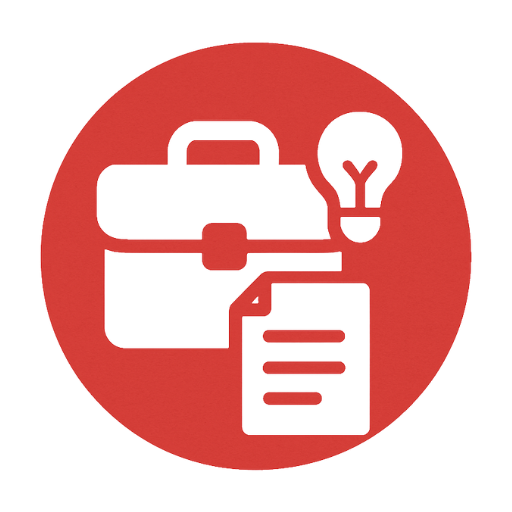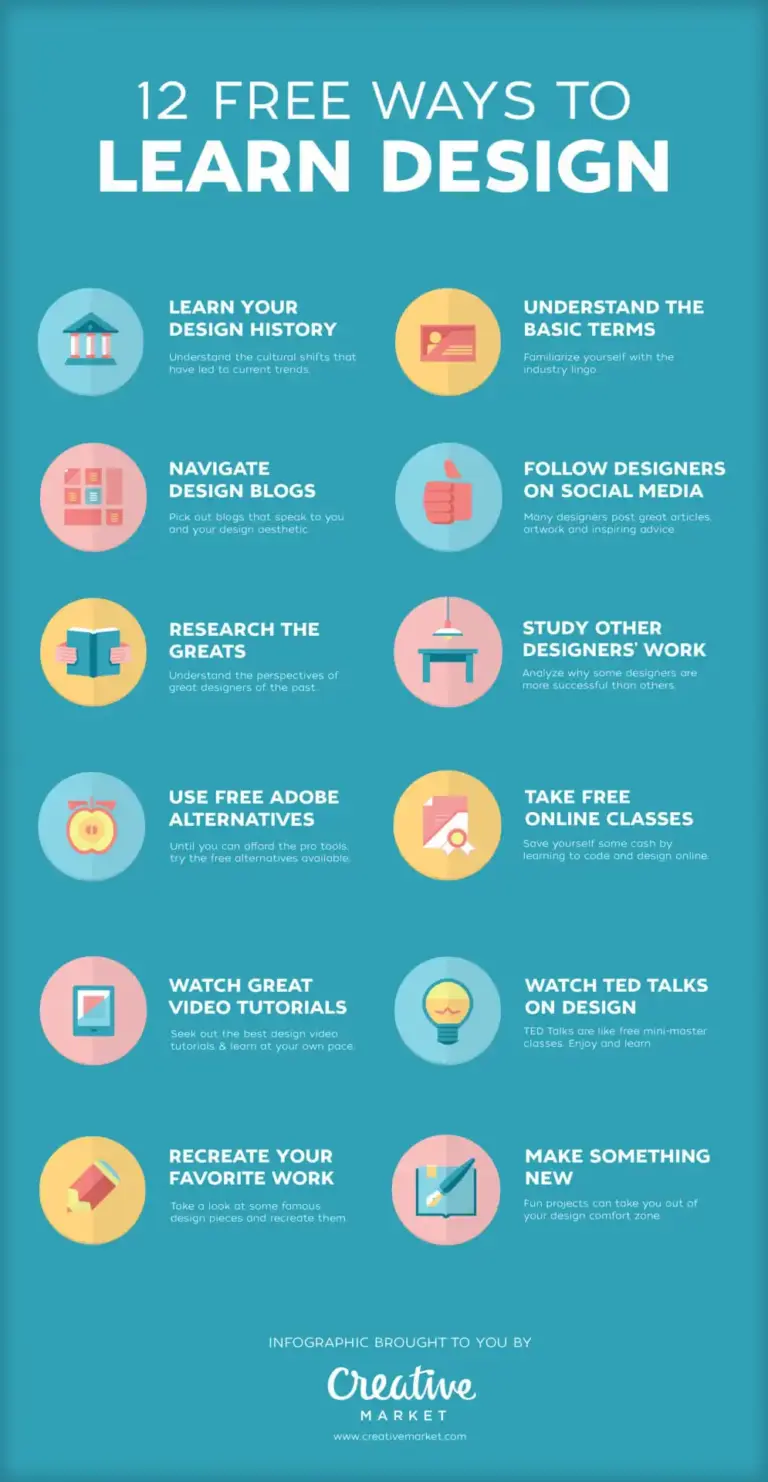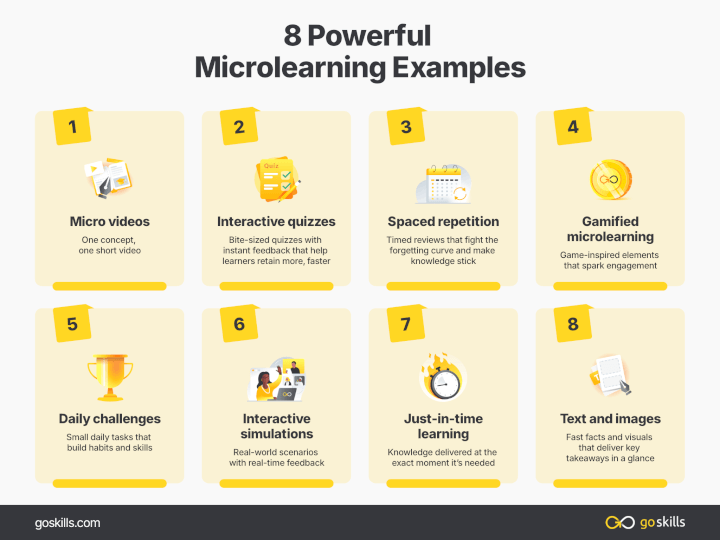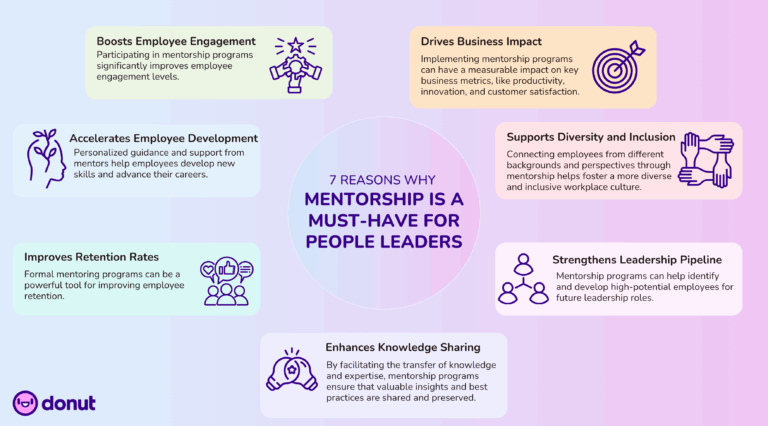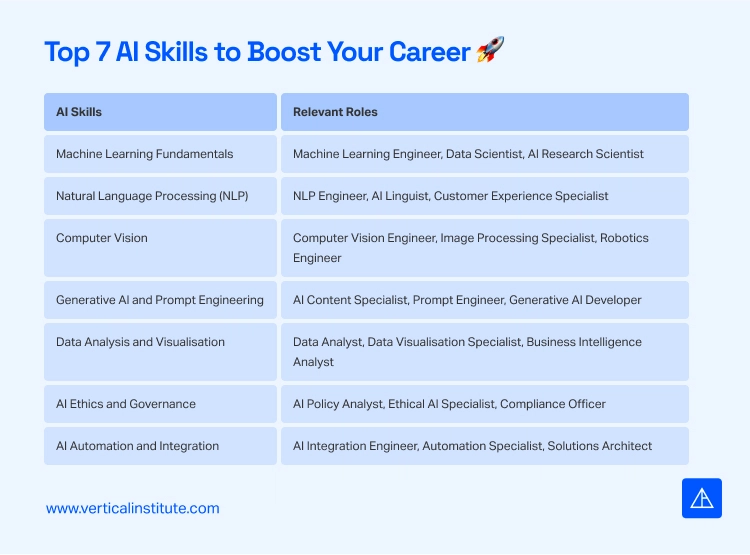A Beginner’s Introduction To Coding Skills Without A Technical Background
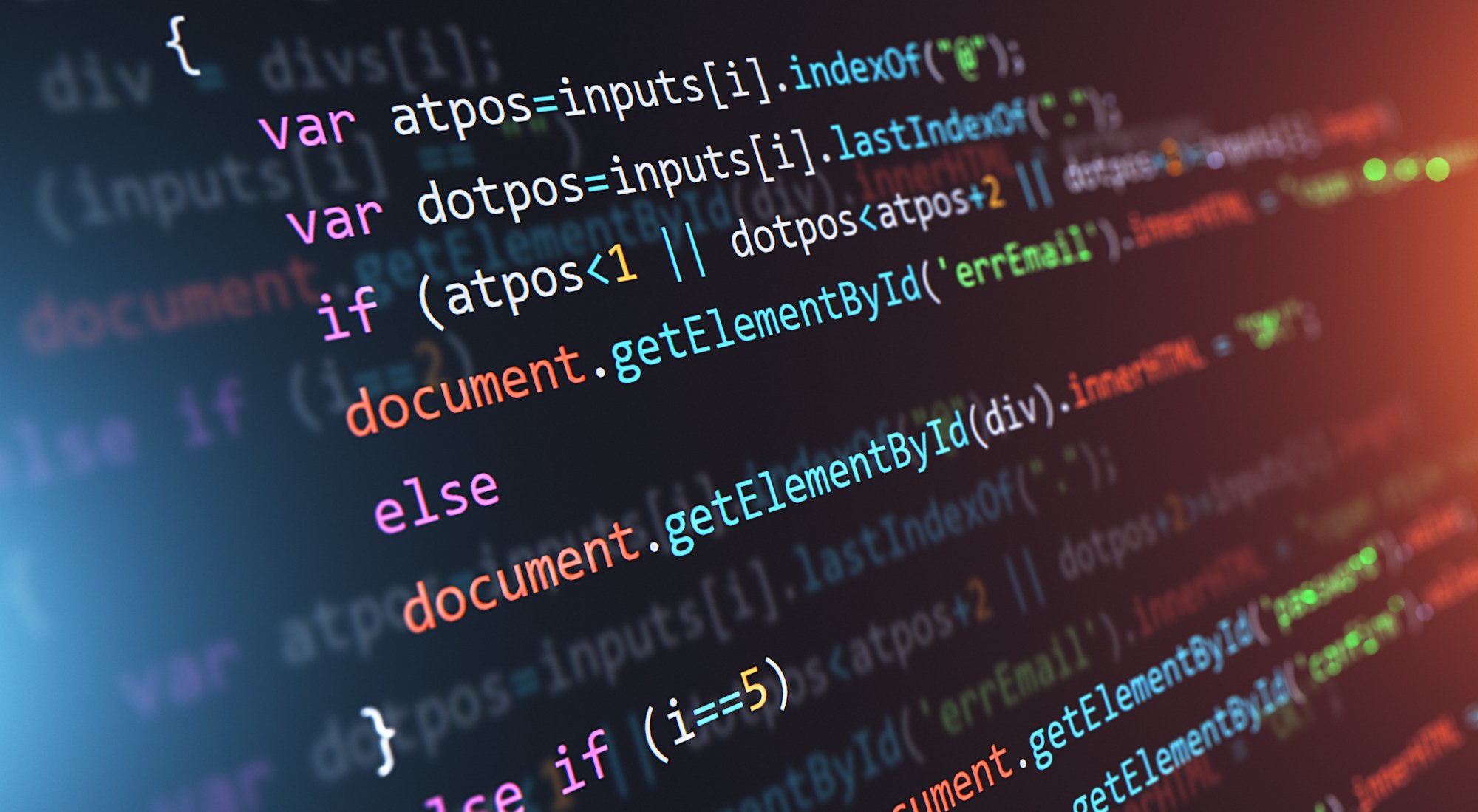
Jumpstart your career without a hitch—even if lines of code look like gibberish, it’s not too late to learn. Coding is no longer reserved for just tech enthusiasts, it’s becoming an essential skill in many professions. You’d be surprised how accessible coding can be, regardless of your background.
The history of coding dates back to the 1800s, yet its significance skyrocketed in the past few decades. With platforms like Codecademy and Coursera, non-techies are finding pathways into the tech world. A 2022 survey found that 50% of career changers successfully transitioned into tech roles thanks to these resources.

Why Coding is an Essential Skill Today
The world is increasingly dependent on technology. From smartphones to smart homes, coding is behind the convenience we enjoy. Learning to code empowers individuals to understand and contribute to this digital landscape. According to this post, coding skills can significantly improve job prospects and career growth. This makes coding a valuable asset for just about anyone.
Coding is not just for tech professionals anymore. Many non-technical fields are recognizing the importance of coding skills. For example, marketing and finance sectors use data analysis and automation, which require basic coding knowledge. This trend shows that coding is becoming a universal language. Learning it can open doors to numerous opportunities.
Schools are also integrating coding into their curriculums. This early exposure helps students develop problem-solving skills. It’s not just about writing code but also thinking logically and creatively. These skills are beneficial in various aspects of life. They make coding an essential part of modern education.
Several platforms make learning to code accessible for everyone. Websites like Codecademy and Coursera offer user-friendly courses. This post mentioned that these resources have helped many beginners succeed. With the right tools and dedication, anyone can learn to code. This accessibility makes coding an essential skill for the future.
The Growing Dependence on Technology and Automation
Technology is deeply embedded in our daily lives. From automated coffee makers to smart thermostats, devices simplify our routines. Businesses also rely heavily on automation to increase efficiency. This shift reduces human error and boosts productivity. The trend is only expected to grow.
In the workplace, automation is transforming job roles. Many repetitive tasks are now handled by machines. This change allows employees to focus on more complex and creative tasks. According to experts, industries like manufacturing and healthcare see significant benefits. Automation drives innovation and improves service delivery.
Education is another area where technology plays a critical role. Online learning platforms and educational apps enhance the learning experience. Students can access a wealth of information with just a click. These tools make learning more engaging and interactive. They prepare students for a tech-driven future.
With the rise of Internet of Things (IoT), interconnected devices are becoming common. These gadgets communicate with each other to provide seamless experiences. For instance, a smart home system can adjust lights and temperature automatically. This growing dependence showcases the importance of coding and tech skills. Understanding automation can open doors to numerous career opportunities.
Key Coding Languages for Beginners
Python is one of the best coding languages for beginners. It’s easy to read and understand, making it ideal for those new to programming. Python is used in web development, data analysis, and even artificial intelligence. Many beginners find Python courses on platforms like Codecademy helpful. This language opens a lot of doors in the tech world.
JavaScript is another popular choice for newbies. It’s essential for web development and gives life to web pages through interactive content. JavaScript works well with HTML and CSS, which are also great starting points. Learning JavaScript can help you understand how websites function. This knowledge is useful in many tech careers.
HTML and CSS are foundational for anyone interested in web development. They are not exactly programming languages but are crucial for creating web pages. HTML structures the content, while CSS styles it. These languages are straightforward but vital. They form the basis of most websites you visit daily.
Scratch is a fantastic choice for younger learners. Developed by MIT, it’s a visual programming language that uses blocks to create code. This makes it easier to grasp basic programming concepts without writing complex code. Scratch is used in educational settings to teach kids how to think logically. It’s a simple yet powerful introduction to coding.
Tools and Resources to Start Coding
Several online platforms offer free and paid courses to begin your coding journey. Websites like Codecademy, Coursera, and Khan Academy provide interactive lessons for various coding languages. These platforms have user-friendly interfaces and step-by-step instructions. They help learners understand concepts at their own pace. Many people have found these resources invaluable.
Integrated Development Environments (IDEs) are essential for writing and testing code. IDEs like Visual Studio Code, PyCharm, and Sublime Text are highly recommended. They offer helpful features like syntax highlighting and error detection. This makes the coding process smoother and more efficient. Choosing the right IDE is crucial for beginners.
Online communities and forums can be a great help when you hit a roadblock. Websites like Stack Overflow and GitHub allow you to connect with other coders. You can ask questions, share projects, and get feedback. These communities are supportive and can offer solutions to common problems. Engaging with these forums can accelerate your learning process.
For young coders, apps and games make learning fun. Platforms like Scratch and Code.org are designed for children. They use a visual interface to teach coding basics. This approach makes learning more engaging and less intimidating. It’s a great way to introduce coding to the next generation.
Practical Projects to Enhance Learning
Creating simple websites is an excellent way to practice coding. Using HTML, CSS, and JavaScript, you can build a personal blog or portfolio site. This project helps you understand how different coding languages work together. Plus, it gives you something tangible to show potential employers. It’s a fulfilling way to apply your skills.
Developing a basic calculator can also boost your coding skills. This project involves using a programming language like Python or JavaScript. It teaches you how to handle user inputs and perform basic arithmetic operations. The calculator project is straightforward yet highly educational. It’s perfect for getting comfortable with coding logic.
Another fun project is creating a to-do list app. This involves both front-end and back-end development. You can start with simple features like adding and deleting tasks. As you become more experienced, you can add advanced functionalities like user authentication. Making a to-do list app allows you to learn full-stack development.
Building a basic game is a rewarding experience. Games like Tic-Tac-Toe or Snake are good for beginners. You’ll learn about graphics, game loops, and user interactions. There are many tutorials to guide you through the process. This project makes coding fun and interactive.
Contributing to an open-source project is another excellent way to enhance your skills. It allows you to work on real-world projects and collaborate with experienced developers. Websites like GitHub host a large number of open-source projects. You can start with small bug fixes and gradually take on more significant tasks. This exposure is invaluable and can greatly benefit your coding journey.
Networking and Community Support in Coding
Joining coding communities can significantly boost your learning experience. These communities can be found both online and offline. Platforms like GitHub and Stack Overflow offer forums for coders to interact. Here, you can ask questions, share your projects, and get valuable feedback. This interaction is invaluable for personal growth.
Local coding meetups and hackathons are also excellent for networking. These events bring together coders of all skill levels. Participating in them allows you to learn from others and share your knowledge. You also get the chance to work on real-world projects. This experience can be incredibly motivating.
Mentorship programs can provide personalized guidance. Many coding bootcamps and online platforms offer mentorship opportunities. A mentor can help you navigate challenges and keep you on track. This one-on-one support can accelerate your learning. It’s a great way to gain confidence in your skills.
Social media is another powerful tool for connecting with the coding community. Twitter, Reddit, and LinkedIn have active groups where coders share tips and resources. Following industry experts and participating in discussions can keep you updated on trends. This helps you stay engaged and informed. It’s a simple way to feel part of the larger coding community.
Open-source contributions offer a chance to work on meaningful projects. Websites like GitHub host many such projects where anyone can contribute. Working on open-source projects allows you to collaborate with experienced developers. It’s an excellent way to enhance your coding skills and gain real-world experience. Plus, it looks great on a resume.
Key Takeaways
- Coding can be learned without a technical background.
- Start with beginner-friendly languages like Python or JavaScript.
- Use online platforms like Codecademy and Coursera for courses.
- Join coding communities and participate in forums for support.
- Engage in practical projects to apply what you’ve learned.

Conclusion
Learning to code without a technical background is entirely possible and increasingly accessible. With numerous resources available online, anyone can start their coding journey. The key is consistent practice and engagement with the coding community.
Begin with beginner-friendly languages like Python and use platforms like Codecademy to guide you. Practical projects and community support will further enhance your skills. Coding opens up a world of possibilities, making it a valuable skill for everyone.
